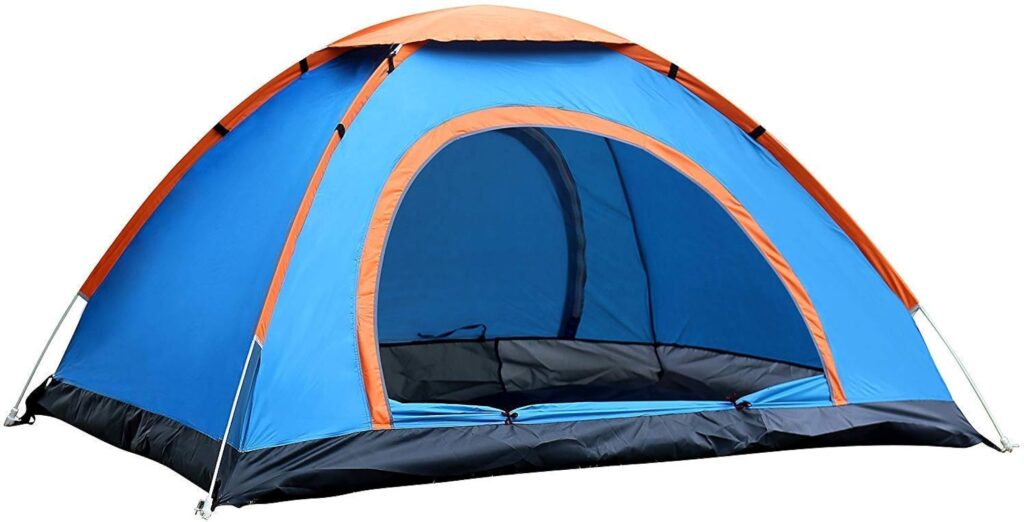Camping Tents – A Comprehensive Guide to Your Perfect Outdoor Haven
Camping is a beloved outdoor activity that allows individuals to connect with nature and escape the hustle and bustle of everyday life. One of the key elements that contribute to a successful camping experience is a reliable and well-chosen camping tent. Whether you are a seasoned camper or a novice explorer, finding the perfect tent can make or break your outdoor adventure.
Size Matters – When selecting a camping tent, size is a crucial factor to consider. Tents are typically labeled with a specific capacity, indicating the number of people it can comfortably accommodate. Keep in mind that the suggested capacity might be a bit cozy, so it is often advisable to choose a tent that is designed for one or two people more than your actual group size. This ensures ample space for gear storage and a comfortable sleeping area.
Seasonal Suitability – Camping tents are categorized into three main types based on their seasonal suitability 3-season, 4-season, and convertible. 3-season tents are ideal for spring, summer, and fall camping, providing ventilation and protection from mild weather conditions. 4-season tents are designed for harsh winter conditions, with sturdier construction to withstand snow and strong winds. Convertible tents offer the flexibility to adapt to different seasons, making them a versatile option for year-round camping.
Tent Styles – Camping tents come in various styles, each catering to different preferences and needs. Dome tents are easy to set up and provide good headroom, making them popular among campers. Tunnel tents offer a streamlined shape and are known for their stability in windy conditions. Cabin tents are spacious and often feature straight walls, providing a comfortable living space. Backpacking tents prioritize lightweight and compact design, making them suitable for hikers and backpackers while plan a camping trip.
Setup and Portability – Ease of setup is another essential factor to consider, especially if you plan to move frequently. Freestanding tents are generally easier to set up as they do not require stakes for structural support. Additionally, consider the weight and pack size of the tent, especially if you will be carrying it for extended distances. Backpackers may prefer lightweight and compact tents, while car campers may prioritize spaciousness over portability.
 Material and Durability – The material used in the tent’s construction plays a crucial role in its durability and weather resistance. Look for tents with high-denier fabrics for increased strength, and a durable rainfly to protect against rain. The tent’s poles should be sturdy yet lightweight, often made from aluminum or fiberglass. Reinforced seams and quality zippers contribute to the overall longevity of the tent.
Material and Durability – The material used in the tent’s construction plays a crucial role in its durability and weather resistance. Look for tents with high-denier fabrics for increased strength, and a durable rainfly to protect against rain. The tent’s poles should be sturdy yet lightweight, often made from aluminum or fiberglass. Reinforced seams and quality zippers contribute to the overall longevity of the tent.
Ventilation and Condensation – Proper ventilation is essential to prevent condensation inside the tent, particularly in humid or cool conditions. Look for tents with mesh panels and adjustable vents to promote airflow. Ventilation not only enhances comfort but also helps manage moisture inside the tent.
Finding the perfect camping tent involves considering factors such as size, seasonal suitability, style, setup, material, and ventilation. By carefully evaluating your camping needs and preferences, you can ensure that your outdoor haven provides a comfortable and secure shelter for your next adventure in the great outdoors.

